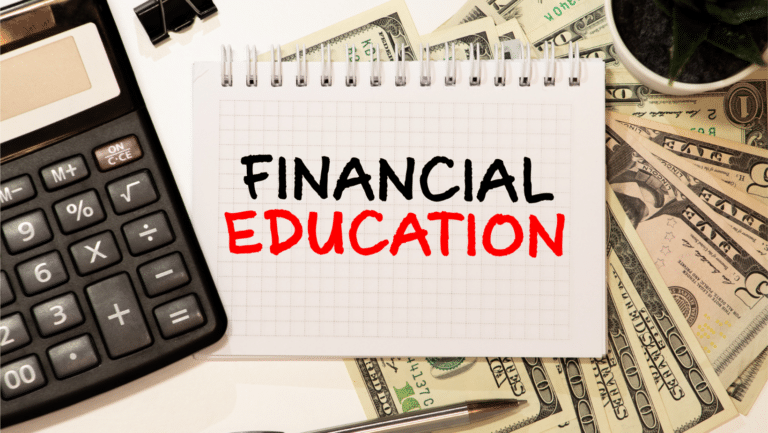10 Financial Milestones & Goals To Pursue In Yours 20s and 30s
Establishing goals in your early years is a great way to reach financial milestones and better your financial future. As part of financial literacy month, we have been discussing different techniques to establish smart and achievable goals along with ways to achieve those goals. We know that managing your finances, especially for the first time,…










